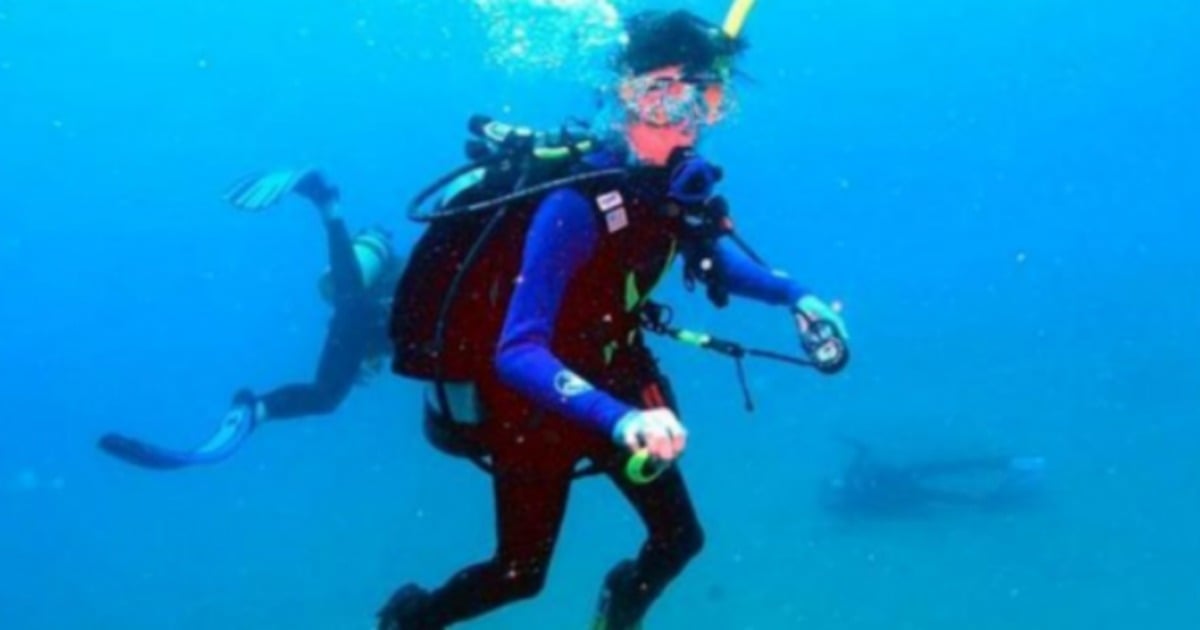Wookie
Proud to be a Chaos Muppet
Staff member
ScubaBoard Business Sponsor
ScubaBoard Supporter
Scuba Instructor
Welcome to ScubaBoard, the world's largest scuba diving community. Registration is not required to read the forums, but we encourage you to join. Joining has its benefits and enables you to participate in the discussions.
Benefits of registering include
Hi Kosta,David Concannon represents most plaintiffs. When he says what he does, I listen. It is up to the reader to decide whether they wish to exercise caution.
David,Hi Kosta,
I don't come here very often, but a friend let me know about your comment concerning my legal practice. To clarify, I have been involved in scuba accident litigation for more than 25 years, and 99% of my involvement has been on behalf of the defense in litigation or for manufacturers and diving professionals during fatality investigations. The Mills case in Montana is actually the first case I have filed as plaintiffs' counsel in a diving case.
You may be thinking of two other diving matters where I was involved, Bugge and Tuvell.
The Bugge family never filed a case. I initially represented the rebreather manufacturer in that incident during the Coroner's investigation; then, with the Coroner's permission, we provided an analysis of the dive computer data to the family. Any potential case the family had was resolved in one phone call to the insurance carrier, but the settlement required court approval because minors were involved. Since the family was in Idaho, where I am licensed, I filed something called a "minor's compromise" petition in Idaho family court to obtain the court's approval of the settlement.
In Tuvell, I represented the PADI Instructor and PADI Dive Center in defense of the claims brought by the plaintiffs. Later on in that case, after PADI's counsel was sanctioned for colluding with the plaintiffs, PADI was dismissed from the case but then came back in to assert cross-claims against the PADI Instructor and PADI Dive Center, I responded by filing cross-claims against PADI.
My law firm has clients, not cases, and we are no longer accepting new clients without a referral from either an existing client, former client (that I like) or friend. If a client has to file a lawsuit, fine. We do it. If the client has to defend a lawsuit, we do this too. The facts and rules of evidence don't really care which side of the courtroom we sit on. The process is always the same.
FWIW, I agree with you that the reader of any information posted online should exercise caution. Some people post without having all the information they need to be accurate. I hope you find this reply helpful.
Best wishes,
David
There are cases outside the United States that are interesting because they absolutely do require action for others on a dive. I am not an attorney, so I am passing along a layperson's understanding of each case.
- In 2003, Gabe Watson, certified as a Rescue Diver by NASDS, attempted to rescue his newly certified wife, Tina, in Australia. He failed. Under the law of that area in Australia, he was not only obligated to attempt to rescue her, he was obligated to provide an effective rescue. He pled guilty to manslaughter and served a year in jail. (A later attempt to prosecute him for a supposed deliberate murder ended when it became obvious that some of the myths surrounding the case were untrue and he was merely incompetent.)
 en.wikipedia.org
en.wikipedia.org

I will bet against you on that.I'll bet money it won't go to jury, now that they lost that motion it will settle
I will bet against you on that.
95% of cases never go to verdict. Global resolutions in cases like this are an actuarial function between the insurers and their insured…weighing potential risks against policy limits and exposure.In criminal case I would agree, this is civil and PADI has had a lot of issues relatively recently.
That should be allowed in. Here is supposed quality control and yet.......
If the facts are true with everything in this case plus the other issues, plus the letter above..... way to risky.
